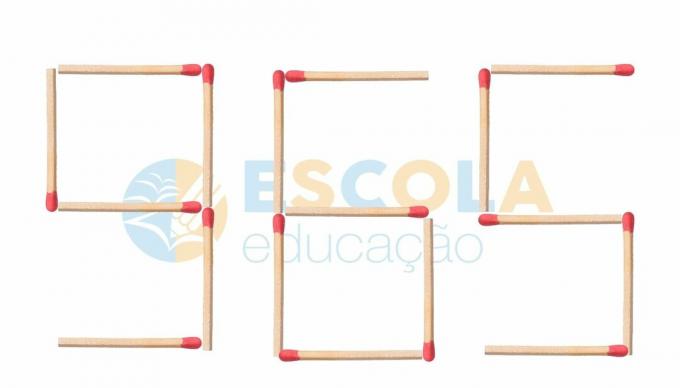It's not very difficult to come across that clothes stretched out in the corners of the room... with that slap under the bed... with that paperwork on the table. Yes, they are everyday situations which do not necessarily demonstrate that you are a troublemaker, but that sometimes you escape, right? Let's set aside certain conceptual notions and move on to our main objective: to analyze the linguistic characteristics present in the collectives mentioned above.
Yes, collectives, as they refer, respectively, to a lot of clothes, shoes, papers, well... However, when it comes to linguistic knowledge, everything suggests that collective it represents a plurality of beings, even referring to only one, portrayed in the singular, such as shoals, bunches, crowds, sauces, among others. The ones mentioned above (paperwork, clothes and shoes) seem, at least for the time being, not to be part of any group. But therein lies the heart of the discussion: as part of orality, they are expressed randomly, a fact that makes the sender not even realize their true meaning. That is why they are called informality collectives, given that they are not formally registered, like so many other lexical choices that we have at our disposal.
Regarding them, Maria Helena Moura Neves, in an article on grammar (Portuguese grammar uses), emphasizes that such jobs, as in the case of those mentioned above, as well as "things", "livraiada" and "louçaiada", are defined as typical collectives of the spoken language, uttered without the awareness of the speakers themselves who, despite revealing a species in linguistic “rage”, given that they express a clear indignation on the part of them (the issuers), they do not even realize that the The intention, seen from a linguistic point of view, is to reveal a number of elements - hence the notion of collectivity.
But, after all, why a linguistic fury? Even if it appears as just a deduction, the fact is that even though I like books, shoes, among other "things", the fact is that, when uttering them, especially in the feminine (“-aiada”), they can represent a lot of elements, without a doubt, but arranged in a disorderly way, do you agree?
Therefore, we can consider them as invisible collectives, given that even though they are part of everyday life language of many interlocutors, as said, are expressed in a random way, abnegated of the meaning that is to them. own.
By Vânia Duarte
Graduated in Letters
Source: Brazil School - https://brasilescola.uol.com.br/gramatica/coletivos-informalidade.htm

